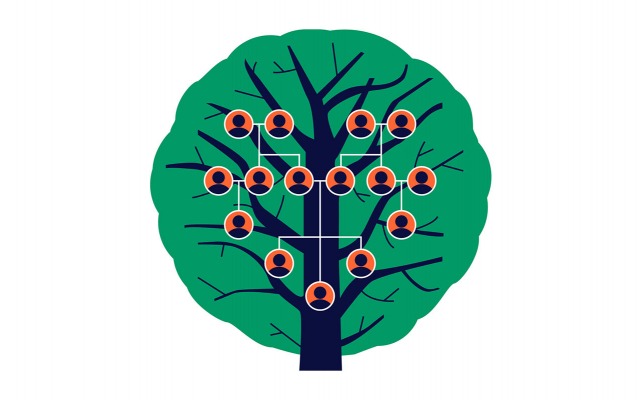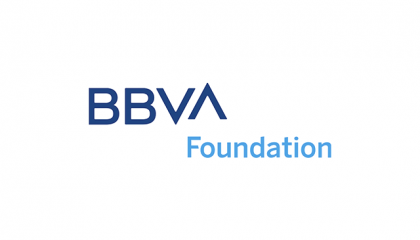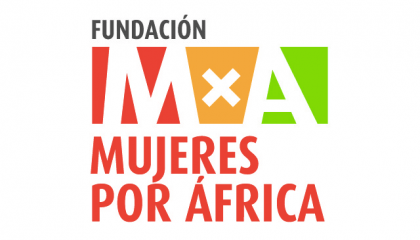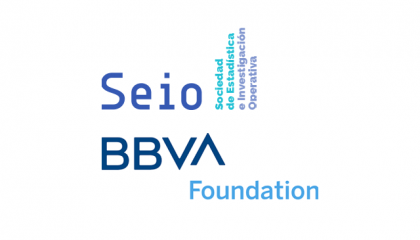
Some of the world's most elite business families, like Italy's Berlusconi, France's Dassault, Chile's Matte, and South Korea's Lee, are also political powerhouses. Why is this the case?
A new explorative study by Barcelona School of Economics Affiliated Professor Marcelo Ortiz (UPF, BSE, and UPF-BSM) and co-authors Patricio Duran (University of Richmond) and Michael Carney (Concordia University) shows how elite business families blend social status with political ambition, reshaping both the political and business landscape.
In their research, the team takes a close look at Chile's elite business families from 1989 to 2020 and finds that an inner circle representing the interests of the business class emerges to facilitate the coordination between a concentrated political power and a dispersed business community.
What do families in the inner circle have in common? As it turns out, it's not just the money. Social traits like national origins and religious affiliations play a key role in political involvement, challenging the usual economic explanations.
The team's findings will be published in an upcoming issue of the journal Entrepreneurship and Practice under the title, "More than money: Political participation by elite business families."




